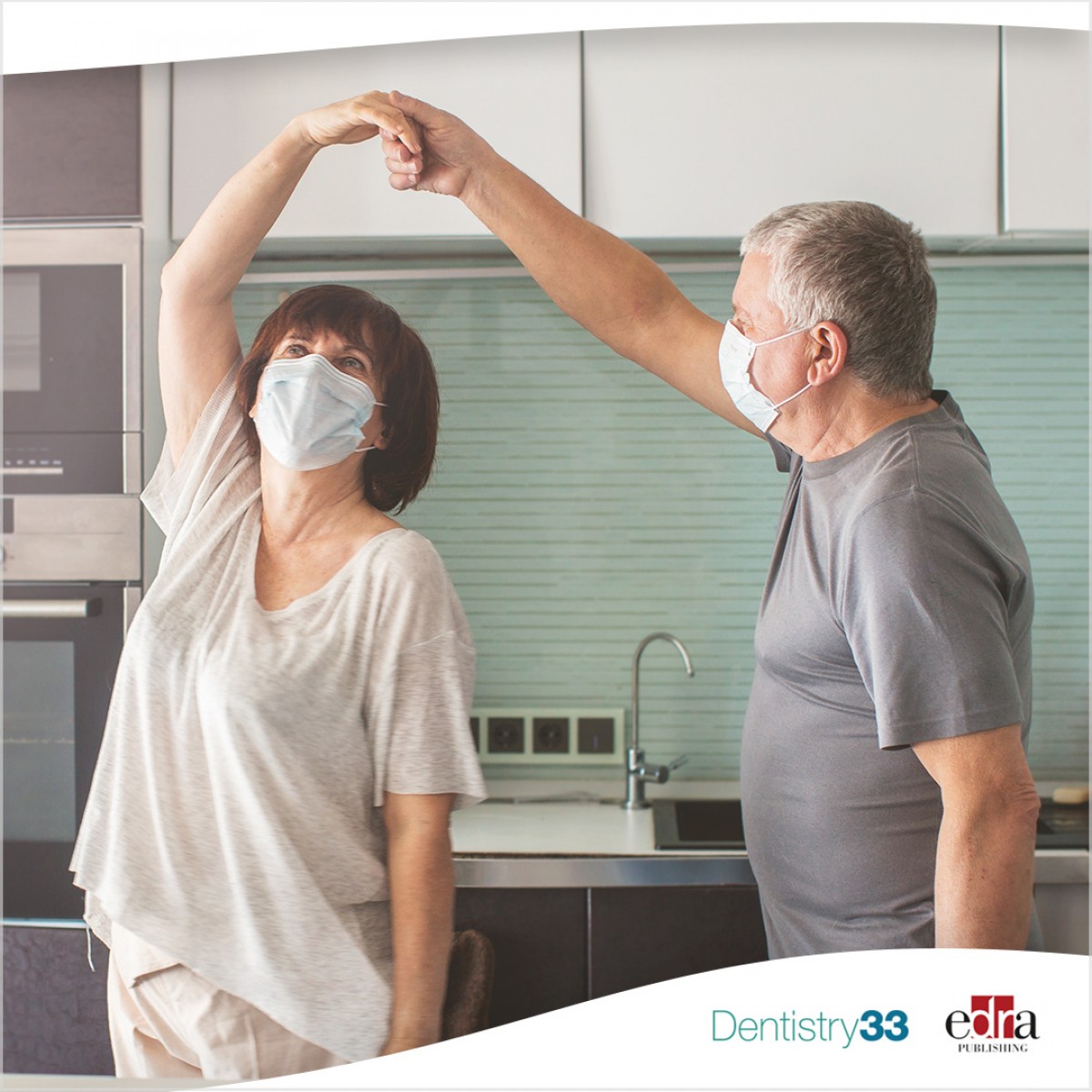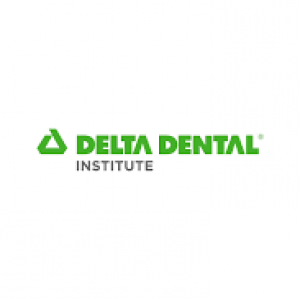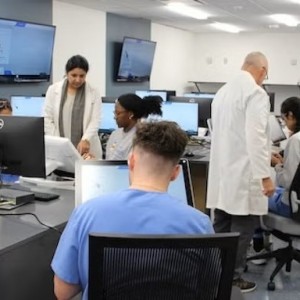
COVID and Retirement Plans
COVID has had a big effect on our lives in many ways - one of them is financial planning, which is true for most retirees. At the beginning of the pandemic, many monetary institutions introduced policies to reduce interest rates, and many companies have, voluntarily or at the behest of the supervisory authorities, ordered cuts in the payment of dividends. These measures were made with the best of intentions. Still, these choices also create problems: retirees who rely on dividends and interest to meet their expenses may see their financial plan reduced (it is the practice of investors to rely on the income produced securities through dividends and interest.
This approach is not without flaws, which often emerge during crises). This may mean you must consider another approach, "homemade dividends." Lowering interest rates in the short term is a classic monetary policy move aimed at countering a contraction of the economy. Returns from fixed rates and prices move in opposite directions. The corporate world has taken steps that could adversely affect retirees' ability to earn income. So what is an investor who needs income to do? You have to change your way of thinking. For some time now, many investors have often thought about income, focusing on stocks that offer enough dividends and interest to meet their needs. However, what an investor is looking for, who needs funds to meet his expenses, is cash flow, which can be obtained through income and the sale of shares in the holdings. This multi-faceted approach to producing cash to be drawn is the "homemade dividend."There will be no shortage of investment opportunities: investors must avoid many traditional investments that have performed well in the past but will have little or no role in aging and highly urbanized future.
Thinking in this way will allow you to see the investment differently. When you invest, it is not so much the return on a stock that matters in terms of achieving the objectives, but the return plus the price change: this is defined as a total return and is by far the best way to evaluate the performance of a stock and its ability to help you reach your financial goals. By applying this method, you will begin by establishing the amount you need to withdraw to meet your expenses. In doing so, it is useful to identify where you have the flexibility and what you cannot do without (useful information during a crisis, when it can be useful to cut expenses).
It would help if you simply determined how often you will withdraw funds, obtaining the necessary liquidity through sales and withdrawals. Some might argue that this causes the capital of an investment to be affected: it is true, but, in many respects, it is a meaningless distinction, as dividends also affect the capital (the payment of $ 1 of dividends per share reduces the share price by 1 $). It is not theory; this is how dividends have always worked: sometimes, it can be difficult to realize due to the volatility of the markets, but receiving a dividend reduces the share price, drawing on the capital. Focusing on total return and applying a strategy based on homemade dividends can help you take control of your withdrawal plan and needs, avoiding relying on the timing and extent of dividend and interest payments.
 Tag
Tag
 Related articles
Related articles
News 07 October 2025
New data from Delta Dental highlights how dental care utilization among insured Americans has rebounded following the COVID-19 pandemic but also reveals several lasting shifts in treatment patterns...
Digital Dentistry 17 June 2025
Clinical relevance of digital dentistry during COVID-19 outbreak: a scoped review
o perform a scoped literature review on advantages of digital workflows in dentistry that could be widely adopted to address safety issues raised during the coronavirus (COVID-19) pandemic.
Oral pathology 23 December 2024
Oral Pathology in COVID-19 and SARS-CoV-2 Infection—Molecular Aspects
This review article was designed to evaluate the existing evidence related to the molecular processes of SARS-CoV-2 infection in the oral cavity.
Oral Hygiene & Prevention 07 August 2024
Dental Patient Management in the Context of the COVID-19 Pandemic: Current Literature Mini-Review
Considering dental data gain associated with COVID-19 in the last few months of 2020, it is highly important to provide an assertive critical literature review with the categorization and...
News 19 September 2023
Dentists report insurance reimbursement rates decreased: ADA research
Dentists report that dental insurance reimbursement rates have decreased over a span of 12 months, according to the August Economic Outlook and Emerging Issues in Dentistry poll from the ADA Health...
 Read more
Read more
Endodontics 13 January 2026
Regenerative endodontic treatment has provided a treatment option that aims to allow root maturation.
Editorials 13 January 2026
Pitt’s New Digital Dentistry Labs to Provide State-of-the-Art Education and Patient Care
Three new dentistry labs at the University of Pittsburgh School of Dental Medicine will give students and residents hands-on experience with cutting edge digital dental technology while providing...
Products 13 January 2026
Revolutionizing Pediatric Dentistry with Dr. Josh Solomon: SDI Stela & Bioclear Insights
Join pediatric dentist Dr. Josh Solomon as he discusses the cutting-edge SDI Stela self-curing composite system and the Bioclear matrix system, and how these products are transforming Class II...
News 13 January 2026
Curve Dental, the leading cloud-native, all-in-one dental practice management platform, today announced its recognition as a market leader in The 2026 Dental Technology Landscape: Cloud, AI, and the...
News 13 January 2026
Patterson Companies Inc. has announced the appointment of Patrik Eriksson as Patterson Dental’s North American president. Eriksson brings a wealth of experience in the dental and medical technology...














